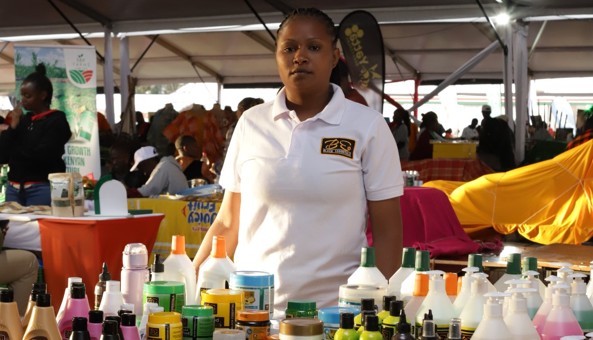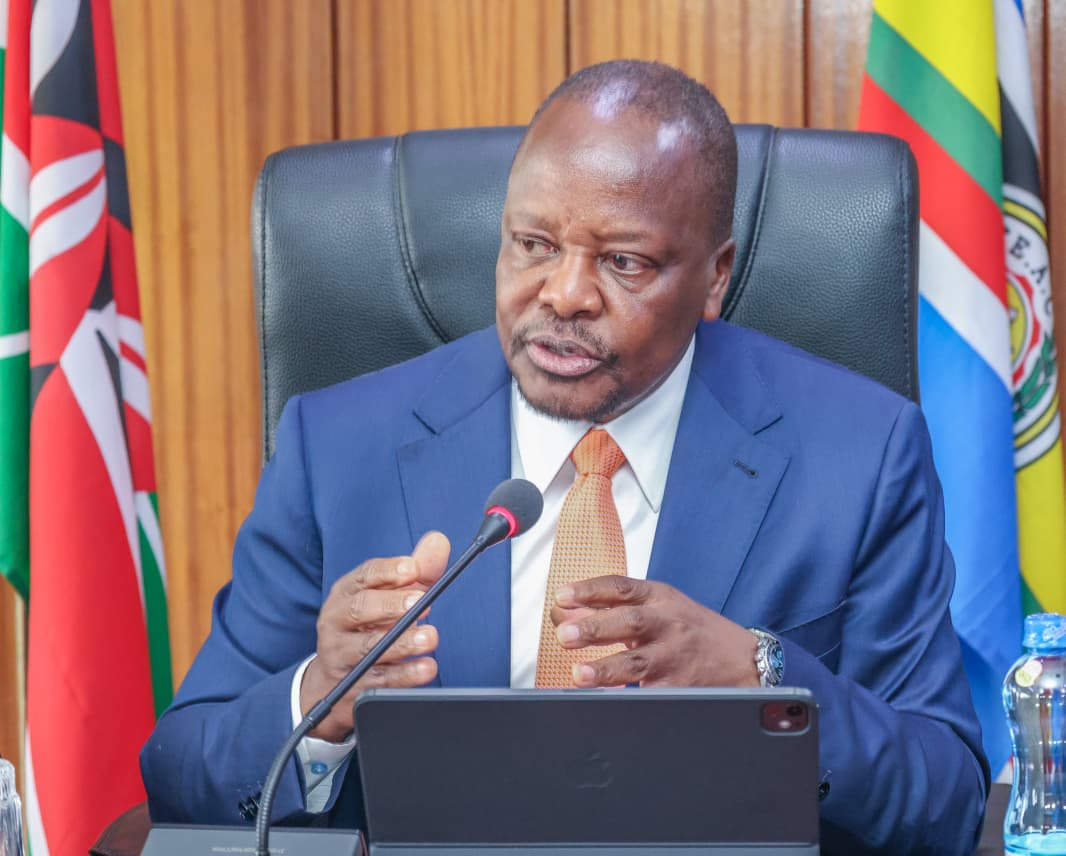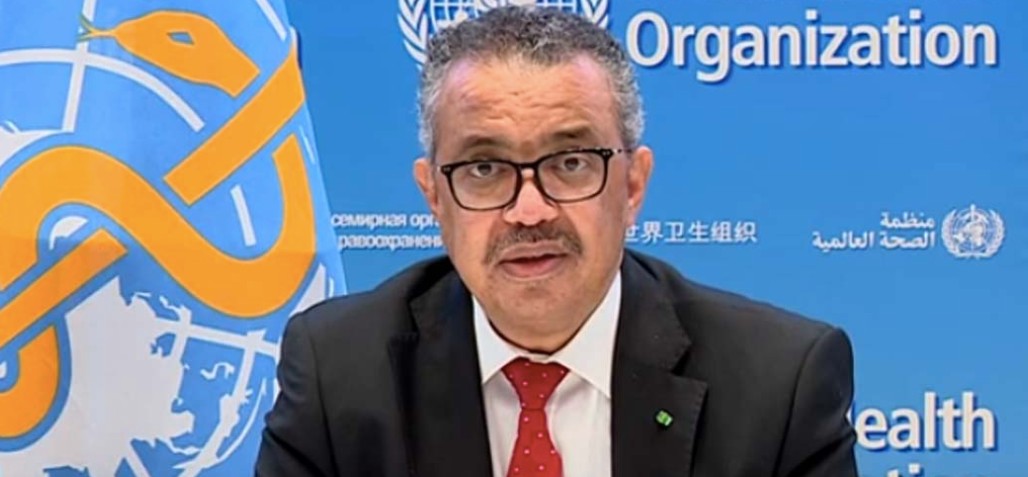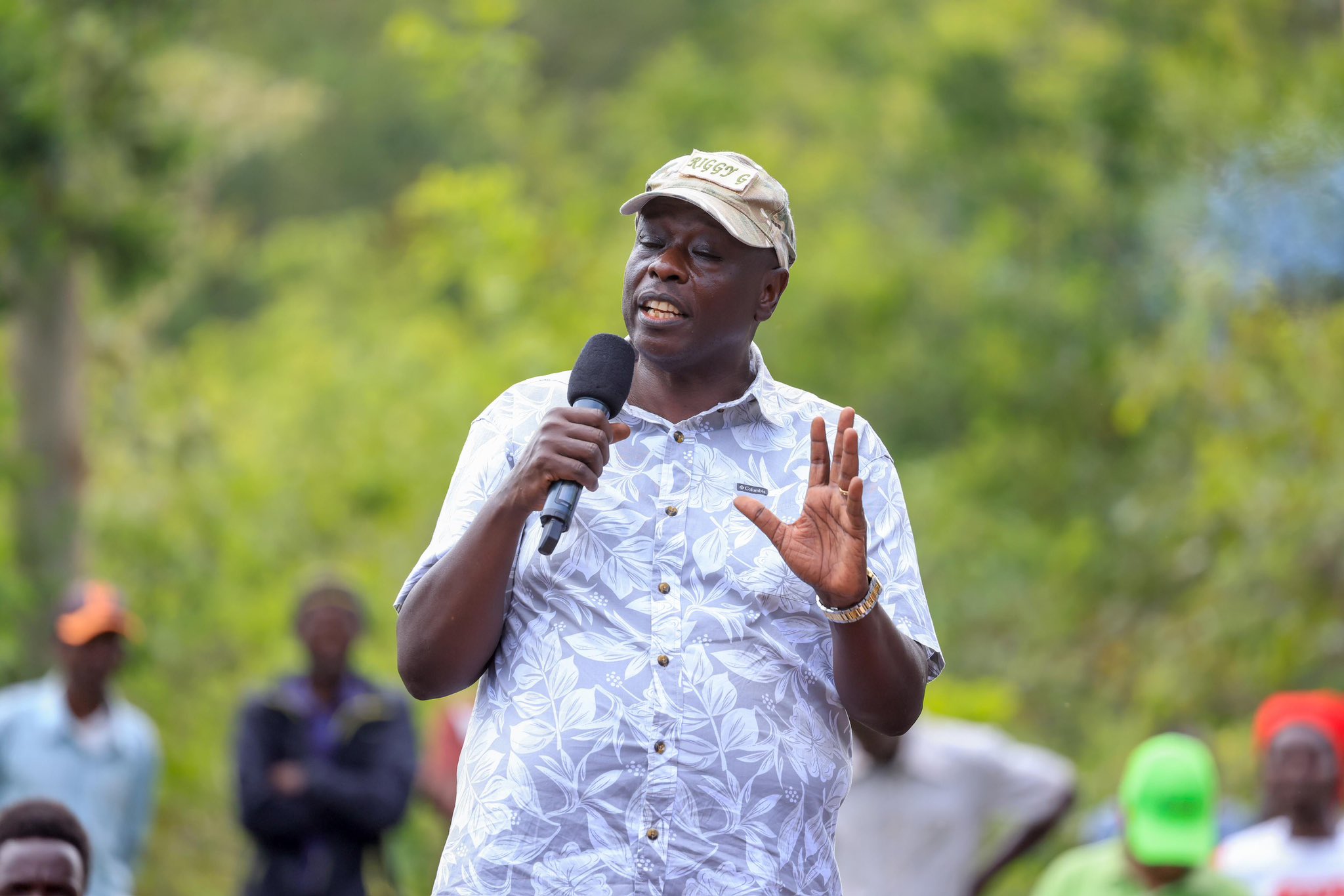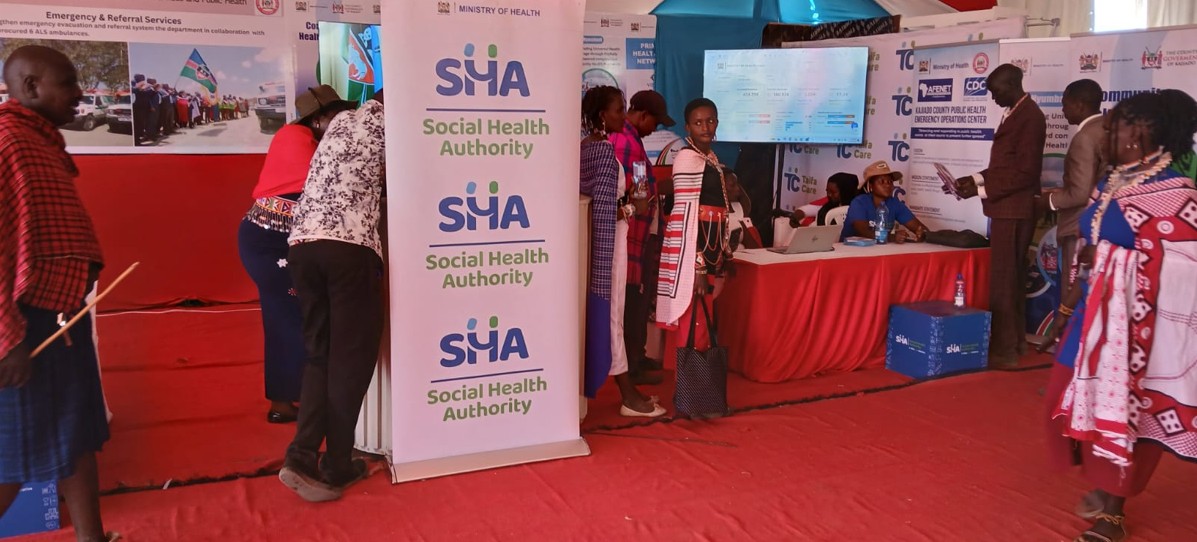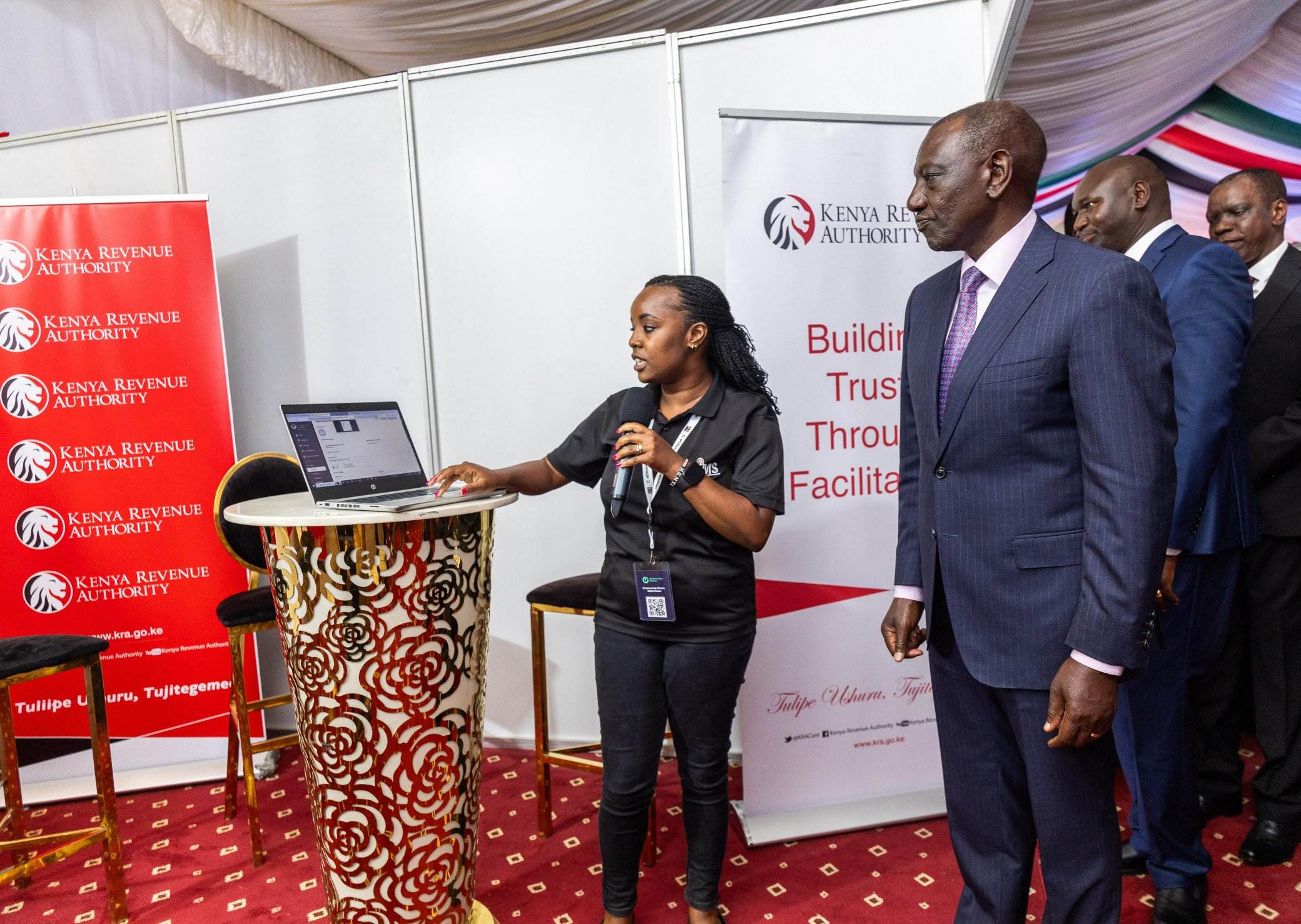IMF says elections, climate shocks threaten Tanzania’s economic gains

The Fund observed that the country’s output expanded by 5.4 per cent in the first three months of 2025, but warned that deeper reforms are needed to protect this progress.
The International Monetary Fund (IMF) has cautioned that Tanzania’s economy could face hurdles from elections, shifting global conditions, and climate shocks, even as growth remains steady.
The Fund observed that the country’s output expanded by 5.4 per cent in the first three months of 2025, but warned that deeper reforms are needed to protect this progress.
More To Read
- UN’s Guterres vows to push for Palestine two-state solution, says he will ‘not shut up’
- WHO calls for urgent action to achieve universal health coverage by 2030
- African countries take lead in push toward universal health coverage for 1.5 billion people by 2030
- High Commission issues advisory to Kenyans in Tanzania amid December 9 protest fears
- Sweden to phase out bilateral cooperation with Tanzania by August 2026
- Tanzania faces mounting global pressure after bloody October election
“Despite a positive outlook, risks are tilted to the downside, including a slowdown in the global economy and trade, geoeconomic fragmentation and reduced foreign development assistance,” the IMF stated following its week-long review mission.
The lender pointed to the 2025 General Elections as a factor that could increase pressure on government finances and slow policy adjustments.
It also noted that unpredictable rainfall patterns may hurt farming yields and trigger renewed price pressures. Inflation averaged 3.4 per cent in the first quarter, still within the central bank’s preferred range.
The Bank of Tanzania recently lowered its policy rate to 5.75 per cent from 6 per cent to sustain activity while anchoring stability.
On fiscal matters, the IMF said budget consolidation had been put on hold in 2024/25 to make room for more resources to education, health, and the clearance of arrears.
It urged strict adherence to the 2025/26 spending plan to create space for social investment while keeping debt levels manageable.
External accounts have improved, with the current account deficit narrowing to 2.5 per cent of GDP, helped by strong sales of minerals, crops, and tourism earnings.
High gold prices and a rebound in visitor arrivals are expected to maintain momentum, with foreign reserves reaching 6.2 billion US dollars, equal to about four months of imports.
Economist and banker Hildebrand Shayo echoed the IMF’s concerns, saying the political season and weather conditions could interrupt stability.
“The upcoming General Elections will likely intensify demands for fiscal easing or delay reforms. Climate variability and erratic rainfall could also affect agricultural output and contribute to inflationary pressures,” he told the Daily News.
The IMF also stressed the importance of implementing the Medium-Term Revenue Strategy to boost collections and open more fiscal space.
It welcomed recent steps in the foreign exchange market, noting that greater flexibility had improved liquidity and narrowed the gap with the parallel market.
“Continuing to enhance exchange rate flexibility will be critical for the development of the interbank FX market,” the Fund said.
Although Tanzania has maintained healthy growth and stable prices, the IMF underlined that quick and consistent reforms will be vital to shield the economy from domestic and external risks.
Top Stories Today

